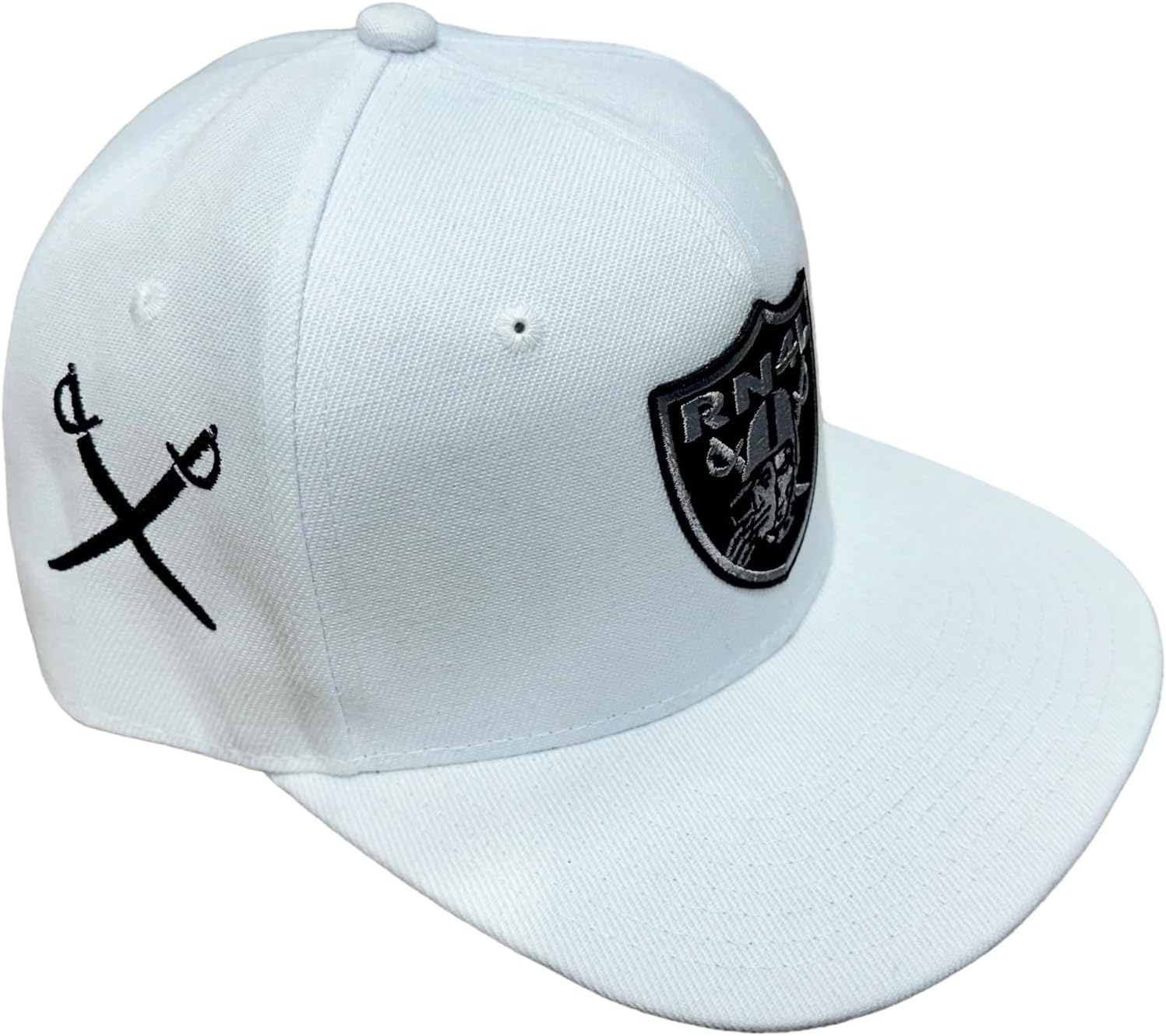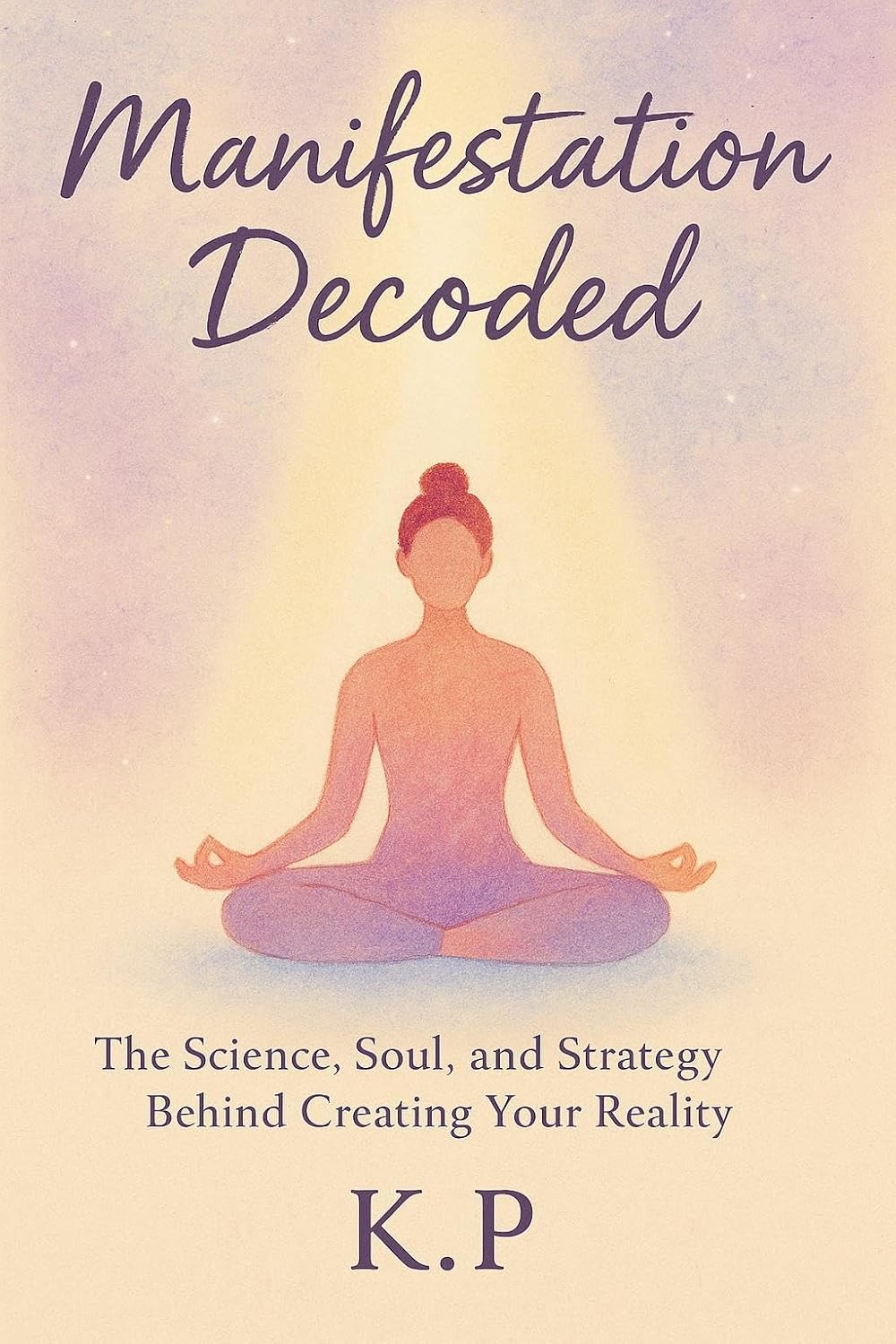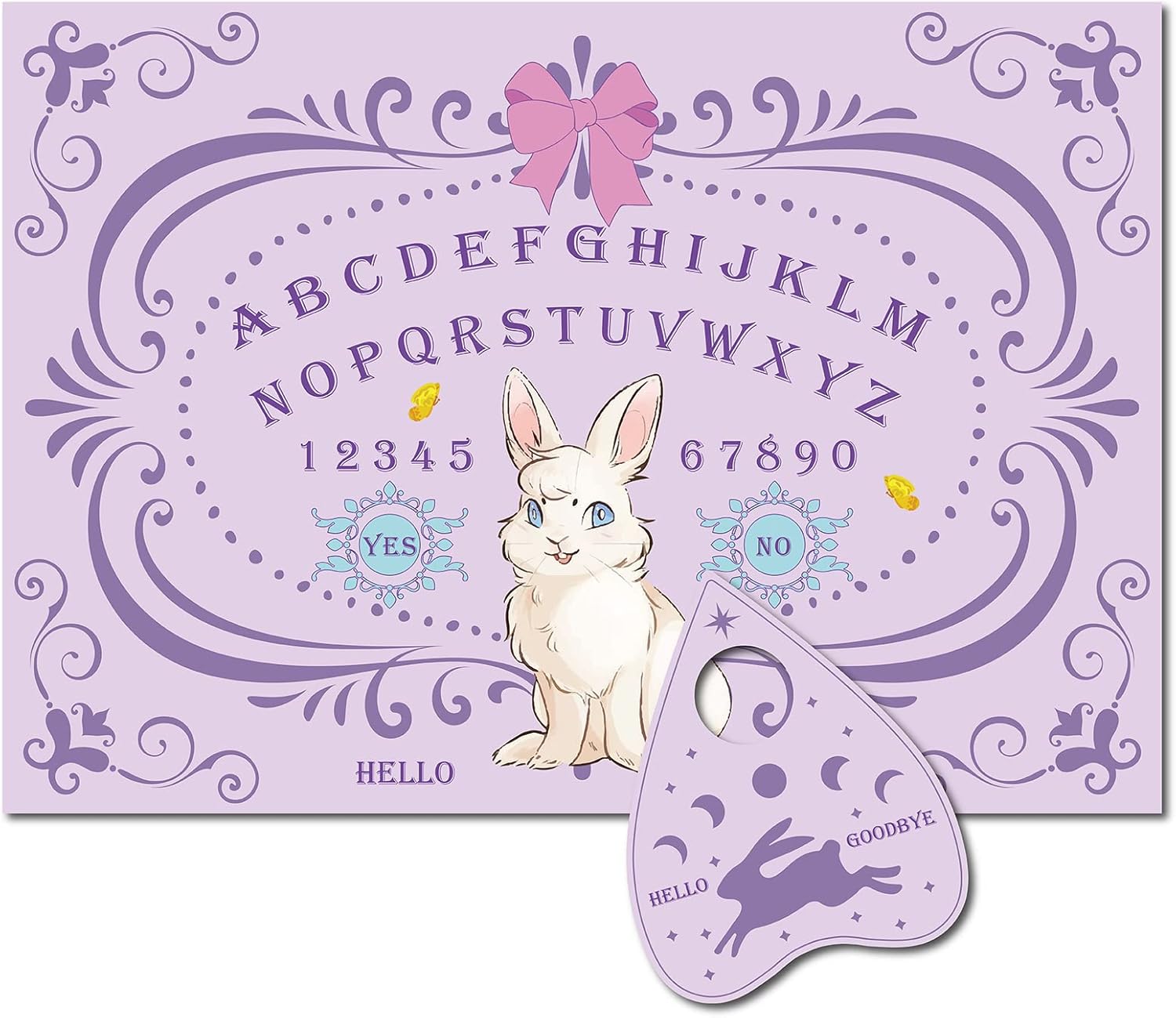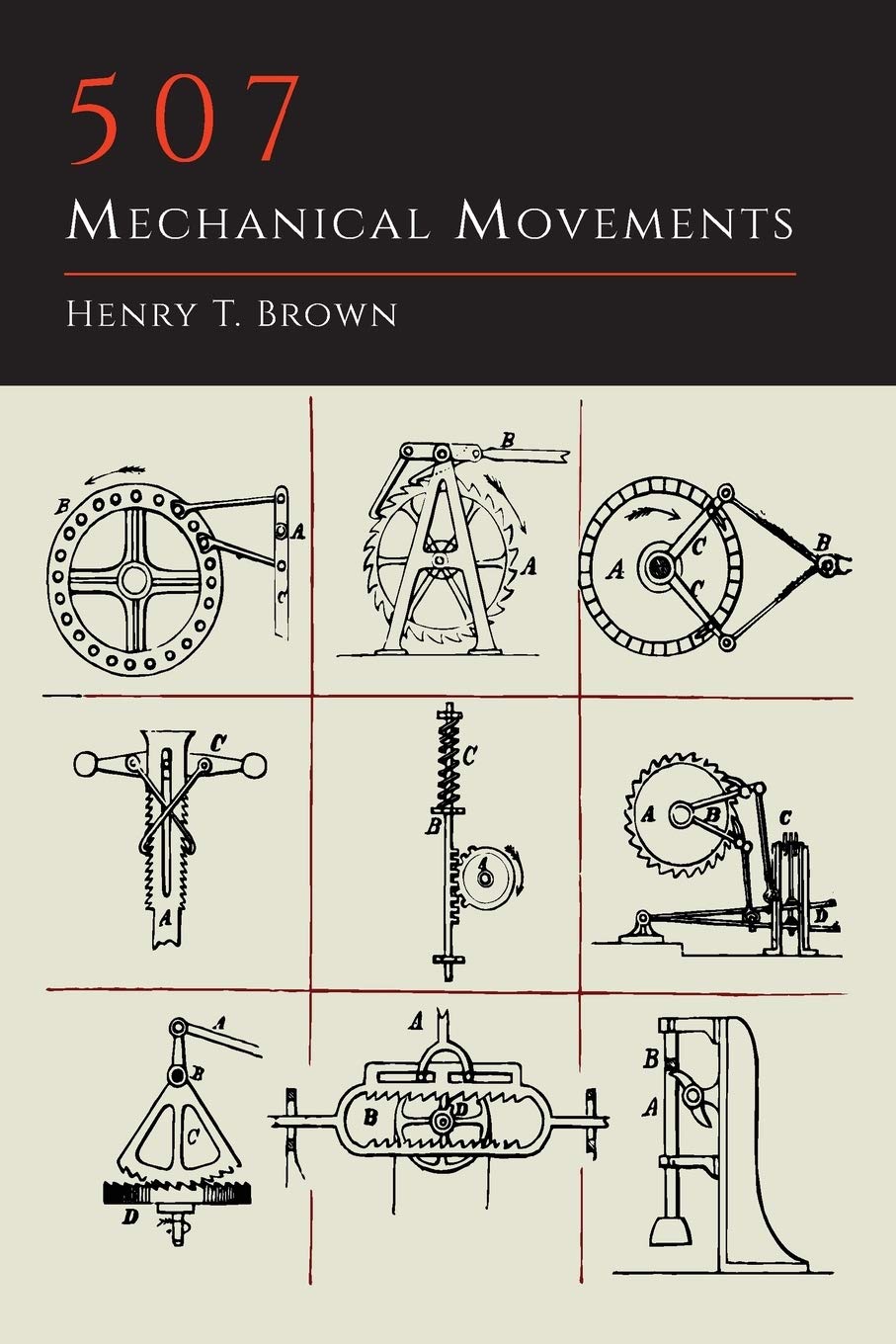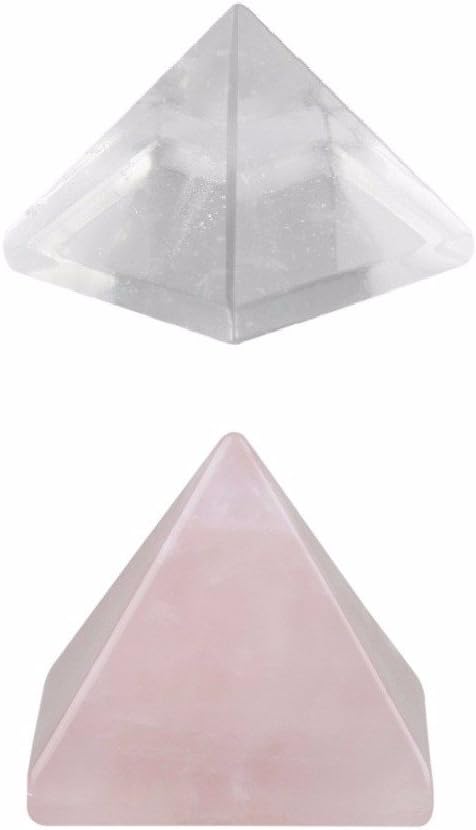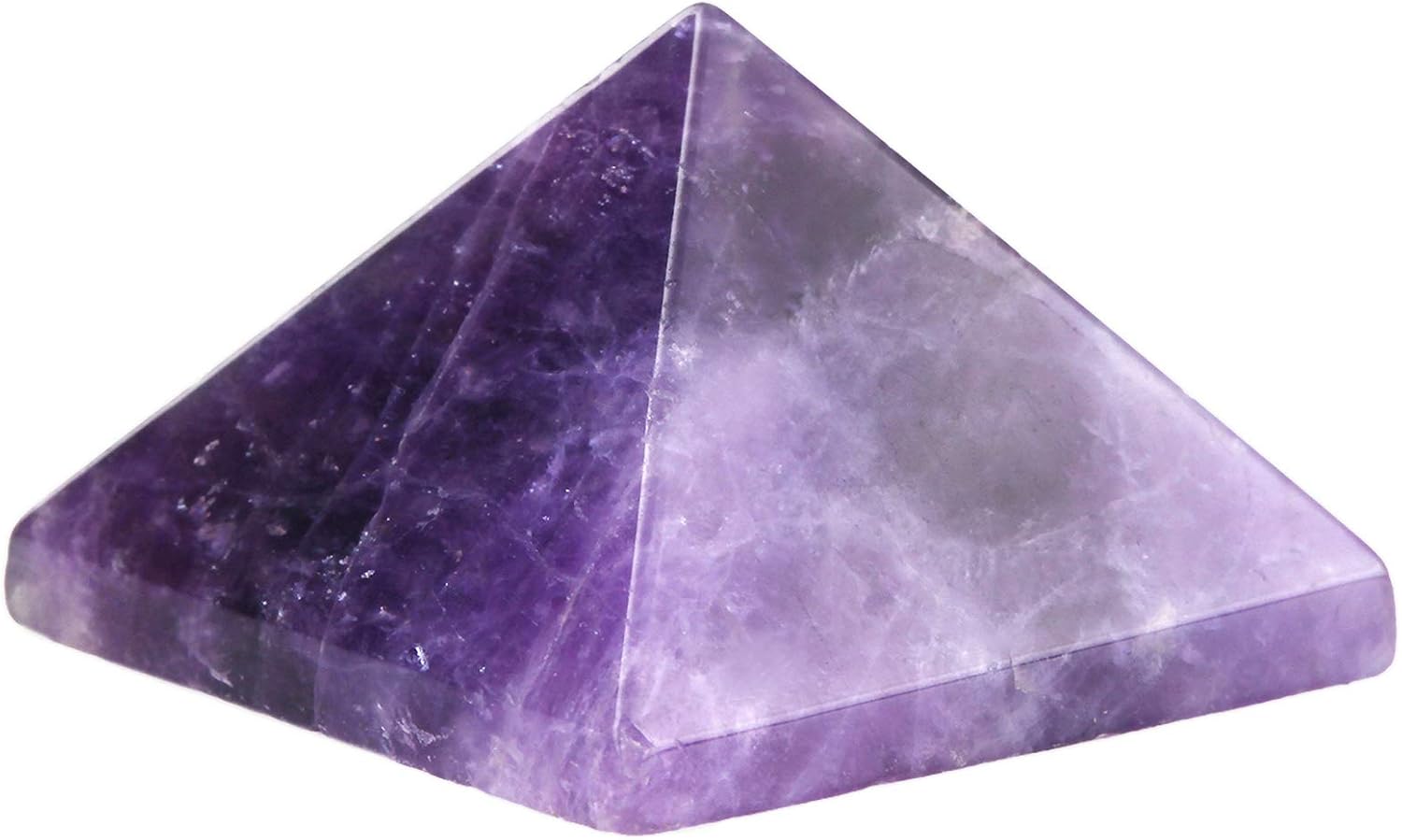
Customers say
Customers find the book well-written and eye-opening, providing a good concise history of the Mongol Empire and fascinating information about Genghis Khan’s life. They appreciate the compelling storytelling, with one customer highlighting the detailed accounts of siege warfare, while others note the brilliant and resourceful military leadership. The book is easy to follow and hard to put down, with one customer particularly praising its beautiful style. They value the religious tolerance shown by Genghis Khan, noting his astounding tolerance of freedom for all religions. The reliance on source material receives mixed reviews.
Make It Yours – See Your Price On Amazon!
Your Sales Price $20.00 - $11.49
A quick rundown of this product’s key features:
NEW YORK TIMES BESTSELLER • The startling true history of how one extraordinary man from a remote corner of the world created an empire that led the world into the modern age—by the author featured in Echoes of the Empire: Beyond Genghis Khan.
The Mongol army led by Genghis Khan subjugated more lands and people in twenty-five years than the Romans did in four hundred. In nearly every country the Mongols conquered, they brought an unprecedented rise in cultural communication, expanded trade, and a blossoming of civilization. Vastly more progressive than his European or Asian counterparts, Genghis Khan abolished torture, granted universal religious freedom, and smashed feudal systems of aristocratic privilege.
From the story of his rise through the tribal culture to the explosion of civilization that the Mongol Empire unleashed, this brilliant work of revisionist history is nothing less than the epic story of how the modern world was made.
Our Top Reviews
Reviewer: R. M. Williams
Rating: 5.0 out of 5 stars
Title: whopping good historical novel
Review: When reading biographies it is always important to keep in mind, that what Peter says about Paul often tells you more about Peter than about Paul. It is certainly true in this case(perhaps more so than is usual), for i am sure i learned as much or more about J.Weatherford when reading this book then i did about G.Khan, although the problem is that most of it is projected onto Khan rather than honestly attributed to the author. But no matter, consider the book a whopping good historical novel, for it reads smoothly like a good addictive detective novel until almost the end. That is the book’s greatest strength, and the author’s, it is fine and engrossing reading, even if it presents a distorted and revisionist viewpoint of the great Mongolian world conqueror, it does so in such a way that people will actually read and enjoy the book. J.Weatherford has my welcome permission to rewrite any engineering and math text i’ve ever been subjected to, he can alter the formulas and make the equations as unbalanced as he wants, the sacrifice of truth and correctness to readability is worth the exchange. (not really but you get the idea)As has been remarked in several other amazon reviews, the book is uneven:Part I The Reign of Terror on the Steppe: 1162-12061: The Blood Clot2:Tale of Three Rivers3: War of the KhansPart II The Mongol World War: 1211-12614: Spitting on the Golden Khan5: Sultan Versus Khan6: Discovery and Conquest of Europe7: Warring QueensPart III The Global Awakening: 1262-19628:Khubilai Khan and the New Mongol Empire9: Their Golden Light10: The Empire of IllusionEpilogue: The Eternal Spirit of Genghis KhanParts I and II are excellent. Better history, sticking more to G.Khan than to J.Weatherford and his moralizing of the Mongols. Part III is worth reading but only if you like the big ideas that Weatherford is trying to sell: the Mongols as internationalizers. As the book puts it, G.Khan tears down the walls between the cities, allowing their merchants to exchange goods without political interference. The author may very well be right in his analysis, but i would prefer that it be introduced as analysis and not as biography. So, generally the author’s top down analysis condemns the book on the factual level to historical novel status. Akin to rewriting a math book and getting the formulas wrong because they read better in the revisionist form. As a result, because the book interests me, not just at the low level of biographical details, but because i am interested in these high order analysis principles i collected a few recommendations as i read the amazon reviews, find them attached. Furthermore, I thought at first, that the introduction was a joke, the secret history of the mongols, the forbidden zone around a sacred mountain set off internal alarms that this guy is wacko, so don’t start reading there, too many red flags. Read either of the first 3 chapters to get a flavor and frankly to get addicted to read the rest.My big question is if the death and destruction was worth the universal, widespread, free flow of goods, ideas and people that followed under a unified(kindof4in1) Mongol empire?It is a moral question, complicated by the fact that the Black Death may not have followed the Mongol lines of communication as they did, killing even more people, if the Mongols had never conquered the known world. I know it is playing the “what if” game, which may not be the greatest way of handling nor understanding history. But it is one of the big issues of the book, the making of our modern world begins with the Mongol conquests (at least the gospel according to J.Weatherford) First, is it true or even a useful idea? and Second was it a good thing? I don’t know, hence the list of further reading to do. But that is the legacy of this book, more questions, and that is why, despite it’s shortcomings i rated it a 5 star. Books that ask these sorts of questions (big questions, moral questions, big picture principles) and encourage people to read them because of their style and ability to suck the reader in, are worth reading.Does Genghis Khan need a good press agent(in addition to J.Weatherford)? Was his memory distorted and unjustly tied to Tamerlane? I don’t know, but i know i don’t trust this author to tell me it was. Did the Mongols act as a conduit for lots of good ideas from China to Europe? Of course, printing, gunpowder, compass for example. Was their’s a benevolent, all faith’s compete equally for the Khan’s attention, state over religion, pragmatic rule that brought enlightenment to those it conquered, while carrying away the skilled and intelligentsia and killing off the hated aristocracy? Perhaps. Was it the last great battle in the Cain versus Abel, horsemen versus planter, ger versus city, tabernacle versus temple, great metaphoric battle? It’s not a bad organizing principle even when it sacrifices historical detail to persuasiveness. After all, much of the value of reading lies in what you remember in a year, versus the lost details which escape our diminishing memories, those big images will remain in my mind long after the textbook details they substituted for vaporize as did the Mongol empire.but don’t let this review miss the first big point, Genghis Khan was a genius, of first order rank, a worth subject of biographies and of directed reading. What makes men like this, what they did to our world and what that means to us are important issues. nor the second big point, history is moralizing, by it’s very nature, but usually it isn’t so blatant or obvious. Which is a good-bad thing, at least with this book it is so obvious that you recognize it, others sneek it in below the level of consciousness and you imagine that they’re objective and unmoralizing when they just hide their message better. History is written, not for the past but to influence the future by changing the people’s minds about how their present really, truely got here. In that way, because the book is so heavy handed in it’s analysis, his revisionist message will be rejected more often than it is taken seriously and examined. Maybe that is sad, perhaps the Mongols are the first empire builders that ushered in the modern age.so, i do recommend the book, but not for the details but for the big picture, and understanding that it is rather distorted by the author’s strong revisionist ideas. If you understand that you are learning about two men in reading the book, G.Khan and J.Weatherford, then you’ll get the priorities close enough to get the book into the right slots in your mind, for what JW says about GK really does say as much about JW as it does about GK. If you want to learn more about GK and not about JW, see the books listed, and please email me with your recommendations at rwilliam2 at yahoo dot com. thanks.reviewer recommendation:Rene Grousset’s “The Empire of the Steppes” or Harold Lamb’s “The March of the Barbarians”Genghis Khan or the Emperor of All Men by Harold LambGenghis Khan and the Mongol Conquests 1190-1400 by Stephen R. TurnbullSubotai the Valiant : Genghis Khan’s Greatest General by Richard A. GabrielThe Perilous Frontier by Barfield
Reviewer: Joseph G. Wick
Rating: 4.0 out of 5 stars
Title: Terrific but polemic
Review: I loved this book. It is a delightful read and very comprehensive. In fact, Genghis’s life is covered in a little over half the book. The rest deals with the consequences. Other reviews have mentioned the inaccuracies, and sometimes the author is unclear as to whether he is recounting legend or fact. Much of the book about Genghis himself is based on The Secret History, a rare book, difficult to translate, and obviously written for political reasons.A problem I have is the tone of the book. While the author wants to correct the erroneous and confused image of Genghis, he tries too hard to “rehabilitate” the image. This is to some extent quite justified. But, I think the tone is almost like that of Genghis’s PR agent. Of course it is a political year, so maybe I’m oversensitized.The author makes the very good point that the administration of Ghenghis, and to some extent his grandson Khubulai,employed many creative aspects from which we might learn.I’m puzzled, however, by the fact that Genghis was untutored and illiterate, typical of the Mongols, yet his administration required a lot of record keeping and arithmetical skills, the source of which is unclear. Moreover, the plethora of creative innovations would seem to have come from more than Genghis’s experience and observation. Perhaps the author might have delved more deeply into where these factors came from.The author makes a very persuasive argument that much of the foundations of the Renaissance came not from Crusaders grabbing texts from the Holy Land but from their observations of, and interest in, the Mongols. There is a great section on the bubonic plague, supposedly originating in Southern China, infecting the world due to the trade routes and mail system developed by the Mongols. This development prostrated Europe and the Mongols as well, although several centuries before the Renaissance.One interesting note, not made by the author, is the impact of these reforms on modern China. For instance, we read elsewhere of the neighborhood and workplace “councils” prevalent to this day in China. An argument can be made that these reflect mongol traditions. Further, some of the current politburo struggles are reminiscent of those of the Mongols in a rather striking way.Those in the military might also benefit from reading the analysis of Genghis’s military victories. He used the latest technologies, was highly unpredictable, focused on winning and winning only. Those enemies who gave up were treated well, those who didn’t were disposed of. The Mongols succeeded in abolishing the assassins, appeared to pacify Afghanistan, and subdued a major portion of the Muslim world. Would that we were that successful.Although the purpose of war was often the booty, the book also shows the problems associated with an economy based on warfare, booty or none.Despite the author’s academic background, the style is lucid and enjoyable. All in all, this is a very stimulating and enlightening book. I took one star away only because of the tone and what the author did not face, as described above.
Reviewer: Sahil Raza
Rating: 5.0 out of 5 stars
Title:
Review: The level of storytelling is off the charts! Amazing insights.
Reviewer: Cuauhtli Elizalde
Rating: 5.0 out of 5 stars
Title:
Review: By reading this book, I love even more ancient Mongolian history. Even I dreamt (I’m not kidding or exaggerating) about one of the sons of Temujin.
Reviewer: Leandro Hosken
Rating: 5.0 out of 5 stars
Title:
Review: Amazing insight of what was happening in The world outside western Europe on The midle ages.
Reviewer: BINO65
Rating: 5.0 out of 5 stars
Title:
Review: Per approfondire un tempo, un mondo davvero poco studiati
Reviewer: グエンホアンベトカイン
Rating: 5.0 out of 5 stars
Title:
Review: Must read if you want to learn about the nomadic life
Price effective as of Jun 23, 2025 00:06:46 UTC
As an Amazon Associate Dealors may receive a commission for purchases made through these links.

